All toddlers get dirty when they play – let’s be honest, most toddlers even seem to get dirty when they sleep. And while that’s all good stuff, you need to begin to teach them some basic rules of hygiene. The more often your toddler is reminded about cleanliness, the faster they will learn to take care of it by themself.
Hygiene: the basics
While you certainly need to teach your child the basic rules of hygiene, the best way they will learn is to follow your lead. Make sure you’re always being a good role-model and follow the same guidelines you set out for them – that you clean your teeth as often as you want them to, that you wash your hands after you’ve played with the cat, that you take care of your own personal hygiene in the same way you want your child to.
At this age, your child isn’t old enough to be entirely in charge of their personal hygiene but if you do the groundwork now and instil a sense of what is expected, as your child matures they will become more responsible until one day (far, far off in the future!), they may surprise you and wash their hands without prompting.
- Teach about germs and how they can make us sick if we don’t keep ourselves clean. Show when and how to wash their hands properly using soap – make sure that they wash the backs of their hands too.
- If your child is going to have trouble accessing the taps or the soap, you may have to use a step in the bathroom – perhaps the same one used to get onto the toilet
- While you wash your child in the bath, explain what you’re doing and then let them have a turn with the soap
- Teach your child how to clean their teeth morning and night – no matter how much they protest, they won’t be old enough to take charge of this activity until they are about 6 years old, but they can have a turn before you brush their teeth.
- Teach your child to cover their mouth with the crook of their arm when they cough and how to use a tissue to blow their nose – this one can be tricky though, as some children don’t learn to blow their nose properly until they are close to school age because they struggle to understand how to force air through their nose.
This article was written by Ella Walsh for Kidspot.

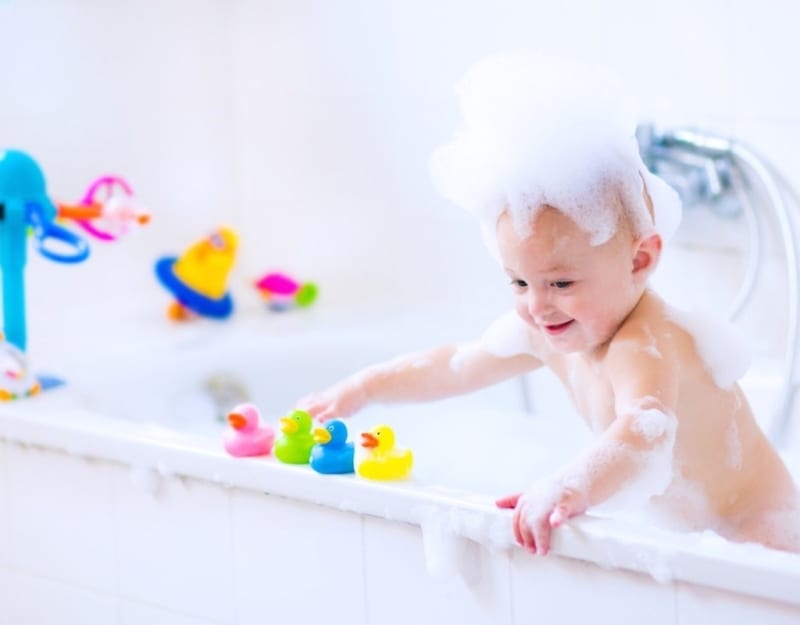
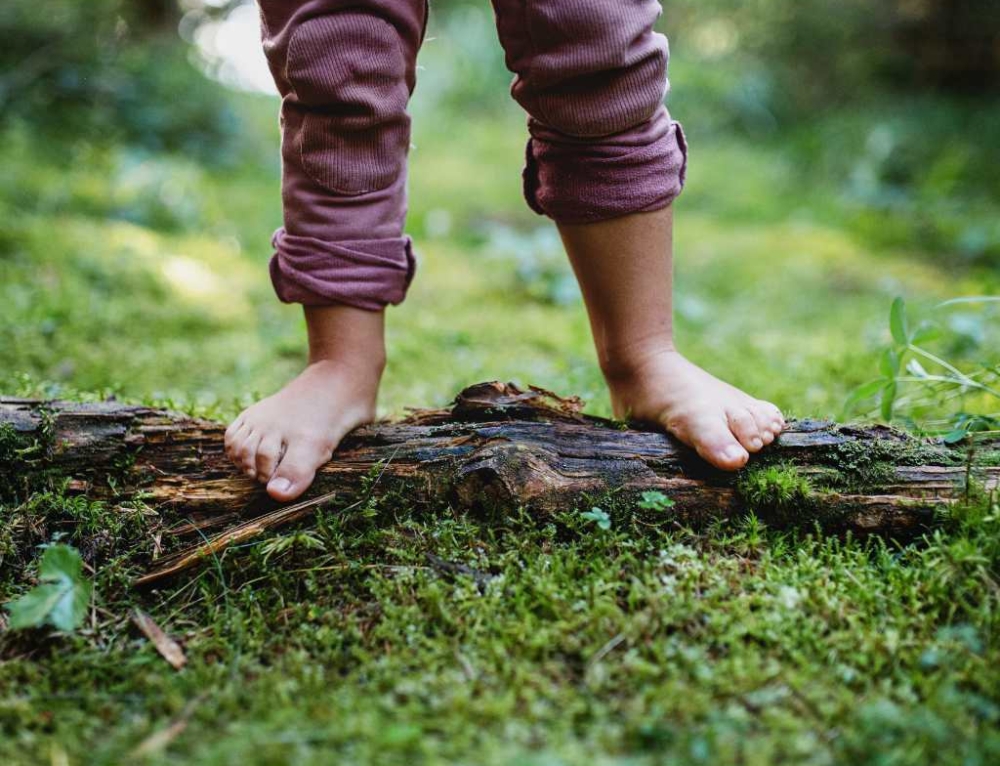
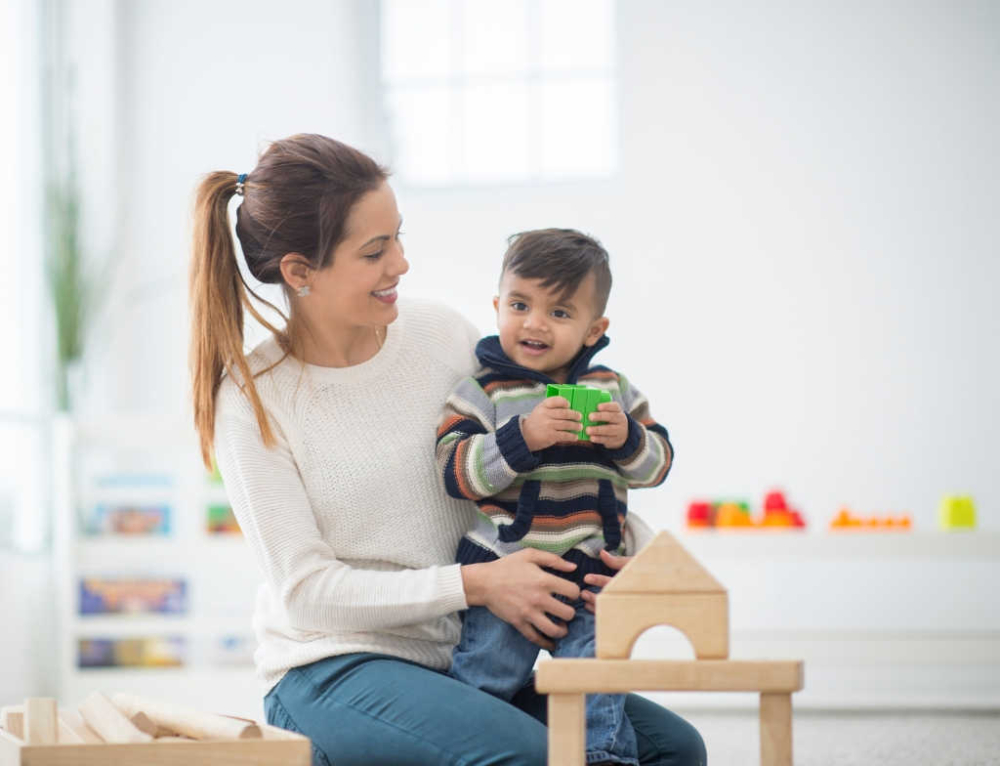

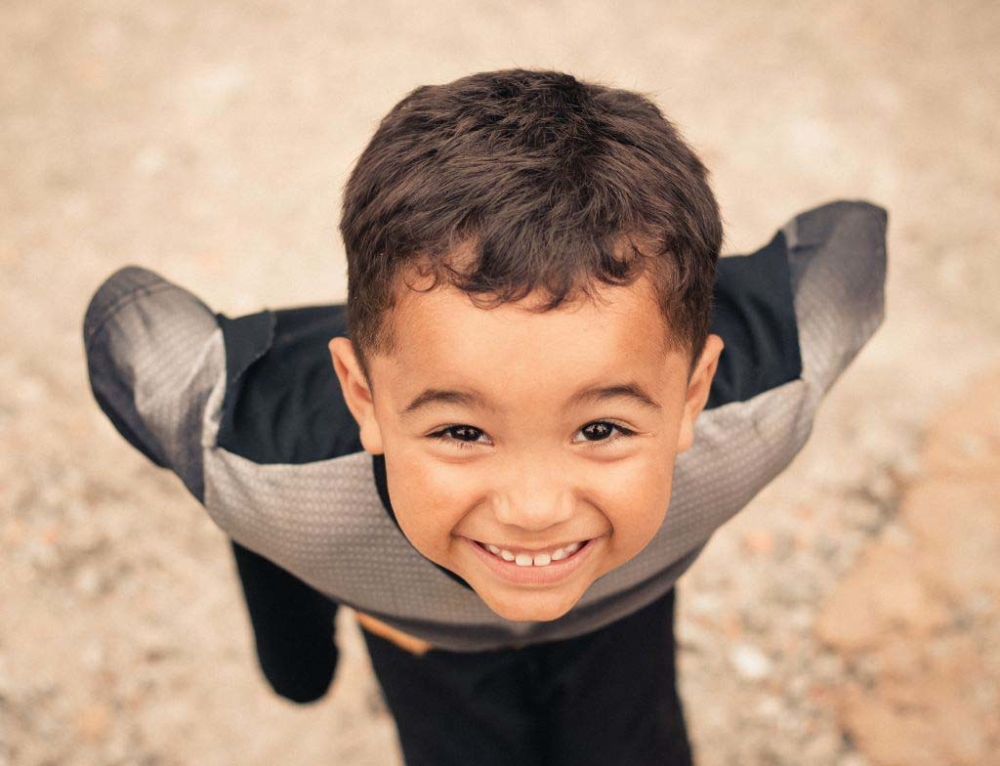
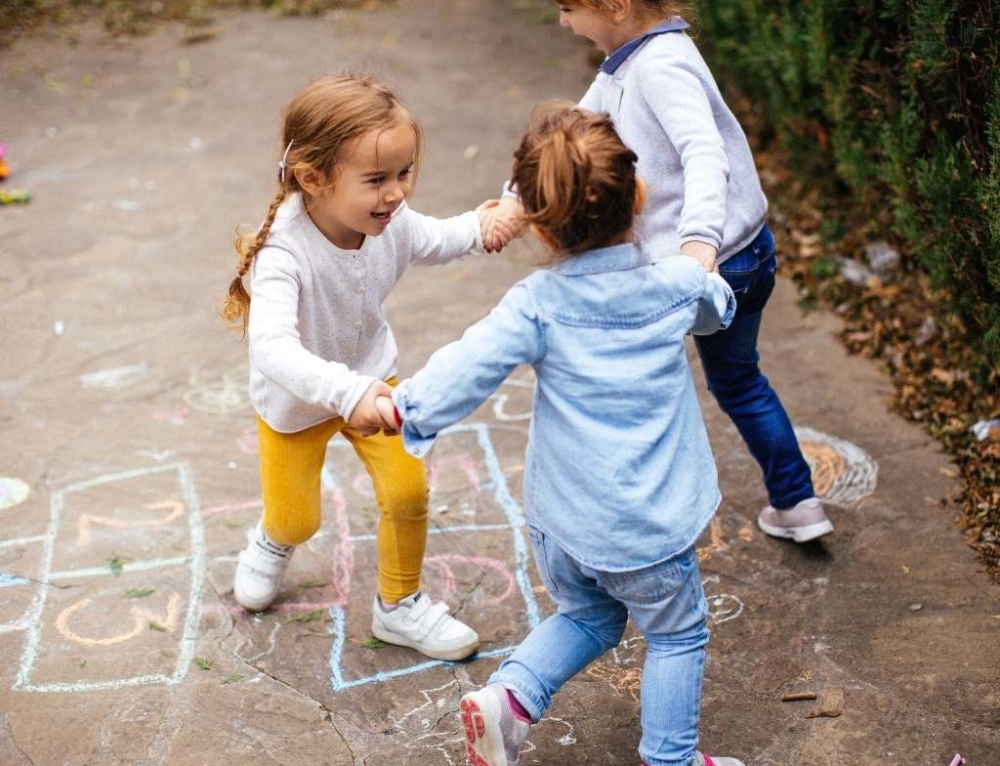
Teaching to wash hands correctly is a big one in our house. Then you can work on the others
Germs can be spread so quickly especially between little people as they often have little sense of personal space and are quite physical through their play. Personal hygiene is so important to prevent illnesses spreading.
I remember when the kids were at Playcentre hand hygiene was a major thing they covered. Child had to wash there hands before helping cook, after the toilet, before eating there food. Then at home we continued with this as it’s so important. Making sure the kids use soap in the shower/ bath as well is a big one as sometimes they forget or can’t be bothered so need to make sure they do it. They also get taught at school about sneezing into your arm not hands.
I was glad when I seen about hand hygiene on here. We have been doing all about germs etc in nursing and one of easiest ways for toddlers to pick up germs is not using appropriate hand hygiene. Great read
My hubby is a Chef by trade and is very fussy about food hygiene and hygiene in general especially with kids. We have always taught our daughter to be careful especially when out and about, we take a hand sanitiser with us as door handles and things can be filthy and can harbour so many unseen germs 🙁 We all wash our hands before eating etc too
So so important and very much neglected.. I see many kiddies not cleaned up and left with food stains over their clothing and faces, sticky fingers etc etc… These babies i find have loads of sniffles and end up being sick longer. Basic hygiene is so important and i do believe teaching them these skills early on makes for alot of an easier transition when going to daycare and school where they are able to maintain it. They only know what we teach them, so we need to teach them well.. babies are smarter than we treat them.